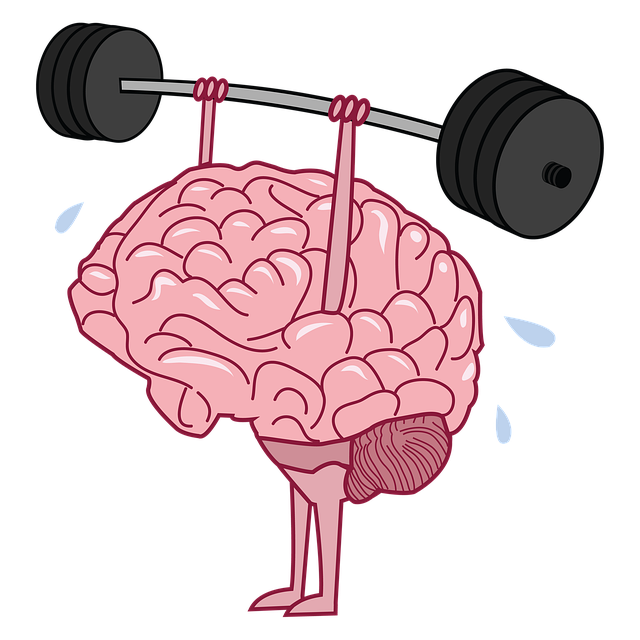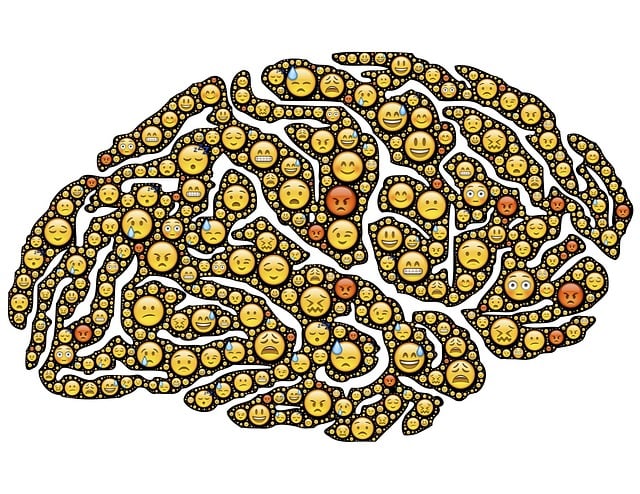The mental health sector is evolving to address the unique challenges faced by young adults undergoing significant life changes, where traditional therapy often falls short. There's a growing demand for specialized coaching programs focusing on proactive solutions like resilience building and personal growth. This shift is crucial due to rising anxiety, depression, and burnout rates among youth. Effective care involves cultural sensitivity, burnout prevention strategies, and social skills training to build supportive networks. Tailored interventions, including group therapy and evidence-based practices, empower young adults with coping skills and stress management techniques during life transitions. Strategic coaching programs play a key role in fostering lasting change, combining active listening, reflective questioning, mindfulness, and personalized exercises to support clients' emotional well-being.
Mental wellness coaching programs are gaining prominence in addressing a critical need: supporting young adults through demanding life transitions. This article explores the development and effectiveness of such programs, focusing on three key areas: understanding the unique challenges faced by young adults, designing tailored therapy interventions for major life transitions, and implementing support strategies to enable lasting personal growth. By examining these aspects, we aim to highlight the value of coaching in fostering resilience and overall mental wellness.
- Understanding the Need for Mental Wellness Coaching Programs for Young Adults
- Designing Effective Therapy Interventions for Major Life Transitions
- Implementation and Support Strategies for Coaches to Facilitate Lasting Change
Understanding the Need for Mental Wellness Coaching Programs for Young Adults

The mental health landscape is shifting to address a critical need among young adults, who often face unique challenges as they navigate major life transitions. Traditional therapy models may not always resonate with this demographic, emphasizing the growing demand for specialized coaching programs tailored to their specific needs. Mental wellness coaching offers a proactive approach, focusing on building resilience and fostering personal growth rather than solely treating symptoms.
This shift is particularly relevant given the rising rates of anxiety, depression, and burnout among young people. By incorporating cultural sensitivity in mental healthcare practice and considering burnout prevention strategies for healthcare providers, these programs can cater to diverse populations. Social skills training, for instance, can help young adults develop the interpersonal abilities necessary to build supportive networks, a crucial aspect of maintaining mental wellness during formative years.
Designing Effective Therapy Interventions for Major Life Transitions

Navigating major life transitions can be challenging for young adults, often presenting unique psychological hurdles. Effective therapy interventions tailored to this demographic are crucial in supporting their mental wellness during these transformative periods. One strategy involves incorporating evidence-based practices that focus on coping skills development and conflict resolution techniques. These workshops can empower young adults with the tools to manage stress, fostering resilience as they confront life’s shifts.
Additionally, group therapy sessions centered around shared experiences can create a supportive community, enabling participants to learn from one another. By integrating these therapeutic approaches, mental wellness coaching programs cater specifically to the needs of young adults facing major life transitions, offering them practical strategies for navigating challenges and promoting long-term psychological well-being.
Implementation and Support Strategies for Coaches to Facilitate Lasting Change

Implementing coaching programs that support young adults navigating major life transitions requires a strategic approach to ensure lasting change. Coaches play a pivotal role in guiding clients through these challenging periods by facilitating emotional regulation and stress management skills. Through active listening, reflective questioning, and tailored exercises, coaches help individuals gain insights into their triggers and develop effective coping mechanisms. This process empowers clients to manage their moods and maintain balance during pivotal life shifts.
To reinforce these positive changes, coaches should incorporate practical tools such as mindfulness techniques, cognitive reframing strategies, and goal-setting exercises into their sessions. Regular check-ins, between-session homework assignments, and access to online resources further enhance the support system. By fostering a safe and non-judgmental environment, coaches encourage clients to be vulnerable, practice self-care, and embrace personal growth opportunities. This comprehensive approach ensures that young adults equipped with the necessary tools to thrive during therapy for major life transitions and beyond.
Mental wellness coaching programs are essential in addressing the unique challenges faced by young adults during major life transitions. By integrating effective therapy interventions, coaches can facilitate lasting personal growth and resilience. Understanding the specific needs of this demographic and employing tailored strategies is key to successful implementation. Through structured support and guidance, these programs empower young adults to navigate life changes with enhanced mental wellness, ensuring a brighter future.














